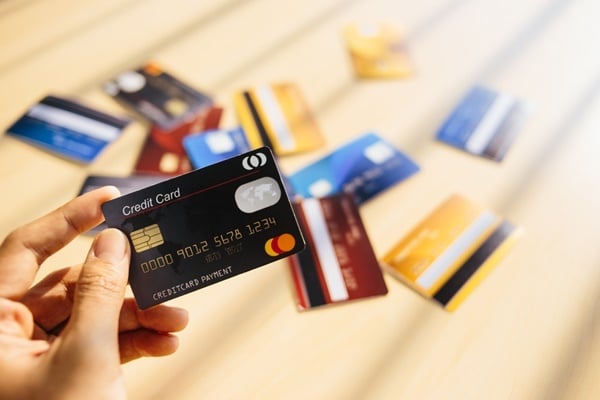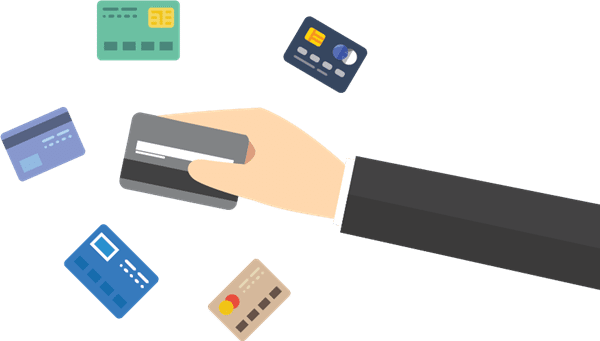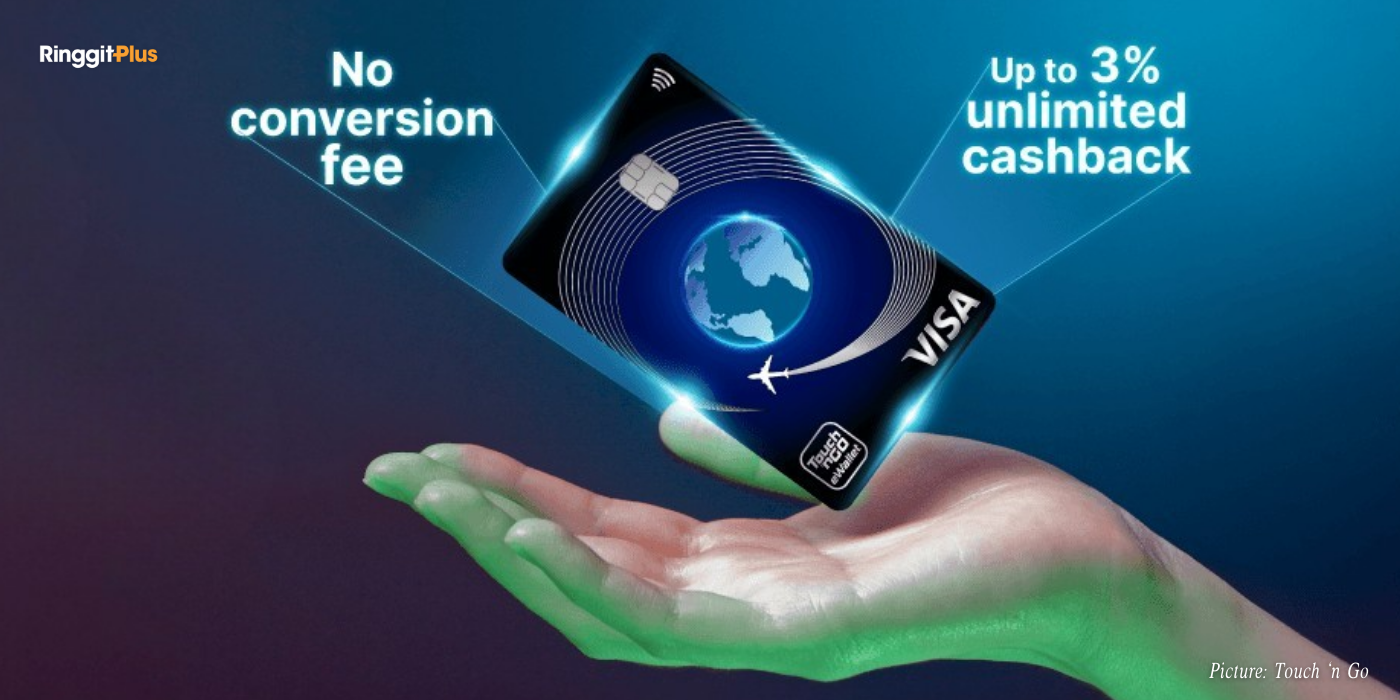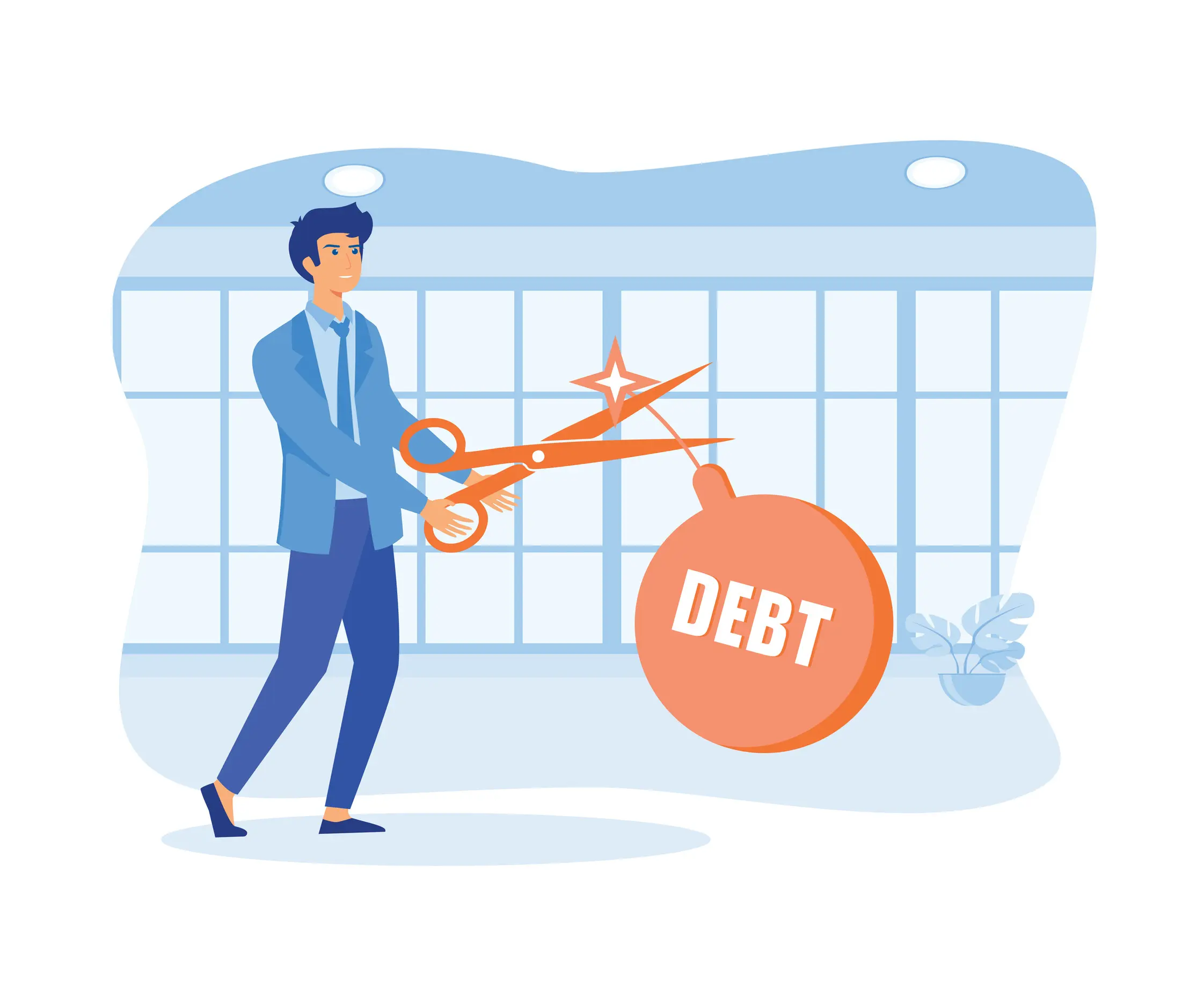Ahmad Mudhakkir
8th June 2018 - 6 min read
The ‘credit card plot‘ was a popular type of sitcom episode back in the 90s. Episodes revolving this plot involves one of the main characters being issued a credit card, with which he/she proceeds to buy whatever they wanted, equating it to free money. Later on in the episode, the bill comes and they all scramble to figure out how to undo the financial damage.
Sounds madcap and goofy, right? But that may have contributed to the urban myth that credit cards are bad for you. Read on for some basic information on what credit cards are and how they work in the real world.
What is a credit card?

At its core, a credit card is an instrument for a bank to pay for an item on your behalf, the amount of which you will owe the bank. In theory, when you pay for something with a credit card, that amount is not what you spent, but what you owe the bank.
Each transaction you make with your credit card is tabulated in your credit card bill at the end of the monthly billing cycle. You are then required to pay the bank within a stipulated time frame (usually 20 days). Failure to do so will incur an interest rate of the outstanding amount you owe the bank.
Contrary to popular belief, credit cards are not only for the rich. They are designed to cater to various income levels, from the entry-level (sometimes referred to as “Gold”), mid-range (“Platinum”), and premium (different cards have different names, from Infinite, Premier, Signature, and more). A few cards are invite-only, which is catered to select individuals at the discretion of the bank.
Why should I get a credit card?

The most common reasons behind owning a credit card is convenience and safety. Big ticket purchases no longer require you to carry huge amounts of cash, putting you at risk of petty thieves. Likewise, this applies to everyday life as well: with a credit card on you, there’s no reason to be carrying a lot of cash at any given time.
Another reason to get a credit card is so you have another avenue to build your credit score that banks can refer to. Credit score is basically a report card of an individual’s financial wellbeing, which the banks can refer to as a means of assessing the risks the banks take when lending the individual money. Building a good credit score, which among others can be done by always paying your bills on time, goes a long way in the future when you are applying for a home or car loan.
Combined, these two reasons should encourage you to use credit cards – even if you have enough cash on hand. Not only do you protect yourself by not carrying lots of cash around, you are also building your credit score which will be beneficial to you in the long run. When used responsibly, a credit card is a very useful tool.
Sounds reasonable enough. But what about the interest rates?

If you consistently pay your credit card bills in full and on time, then you don’t have to worry about interest rates at all. This may not be theoretically correct, but banks charge interest on the outstanding amount as a penalty for borrowing their money and not repaying them on time.
Typically expressed as an annual percentage rate, credit card interest only needs to be paid by the cardholder on the outstanding balance they have on the card. The interest rate is usually high (anywhere between 8.88% to an eye-watering 21%), and if cardholders are not careful, the compounding effect on the interest charge can leave you crippling in debt.
So, our advice is simple: always, always pay your credit card bills on time. In full, if possible.
That’s scary. Maybe I should just stick to cash?

If you’re financially responsible, it is actually beneficial to make payments with a credit card. Not all credit cards are created equal; there is generally one or two that offer perks that will appeal to you. Most cards offer rewards points that can be used to redeem items for free, while others have cashback features. Take time to find the right card for you, and you will benefit from them without changing your spending habits.
Imagine getting cashback from paying your utility bills or groceries, or being invited to the business class lounge even when you are flying in economy class. These perks are offered in various credit cards, which means extra benefits to cardholders just for paying for the things you already do in cash, with a credit card.
Besides that, a credit card will also come in handy in unexpected situations. Accidents or emergency repairs to your house or car, for example, may incur a bill that is too expensive to pay at one go. Paying them with a credit card – and faithfully repaying them quickly – frees up physical cash for day-to-day use, which is important even if you incur the late payment interest charges.
Finally, the credit score factor comes into play once again. Applying for a car, home, or personal loan will have the banks refer to your credit score before approving your application. If you’ve historically been paying for items in cash, your credit score may not be comprehensive enough to convince the banks to approve your loan. This can easily be offset by using a credit card.
Wow, these credit card perks sound great! Is there anything else I should know?

Banks like it when you use credit cards because quite often, they make money from the interest charges incurred on the outstanding amount. So the perks attached to credit cards are designed to encourage credit card use (and potentially buy more than what cardholders can afford). Banks can’t just let you use their money for free, and they don’t make any money if you are financially responsible and pay your bills on time.
Therefore, credit cards have a number of fees attached to them, such as annual fees, balance transfer fees, cash advance fees, and so on. On the other hand, some cards are “free-for-life” (zero annual fees), or have their annual fees waived if you use them regularly. Therefore, it literally pays for you to read the fine print to these cards, and see if the perks on offer outweigh the costs you may have to pay to use the card.
That should cover the basics of what everyone needs to know about credit cards. There are of course, a lot more that we can talk about, but we’ll save that for the coming guides. You can also head over to our credit card comparison tool, which breaks down the features of virtually all credit cards available in Malaysia.
Stay tuned for the next part of our credit card guide!







Comments (0)